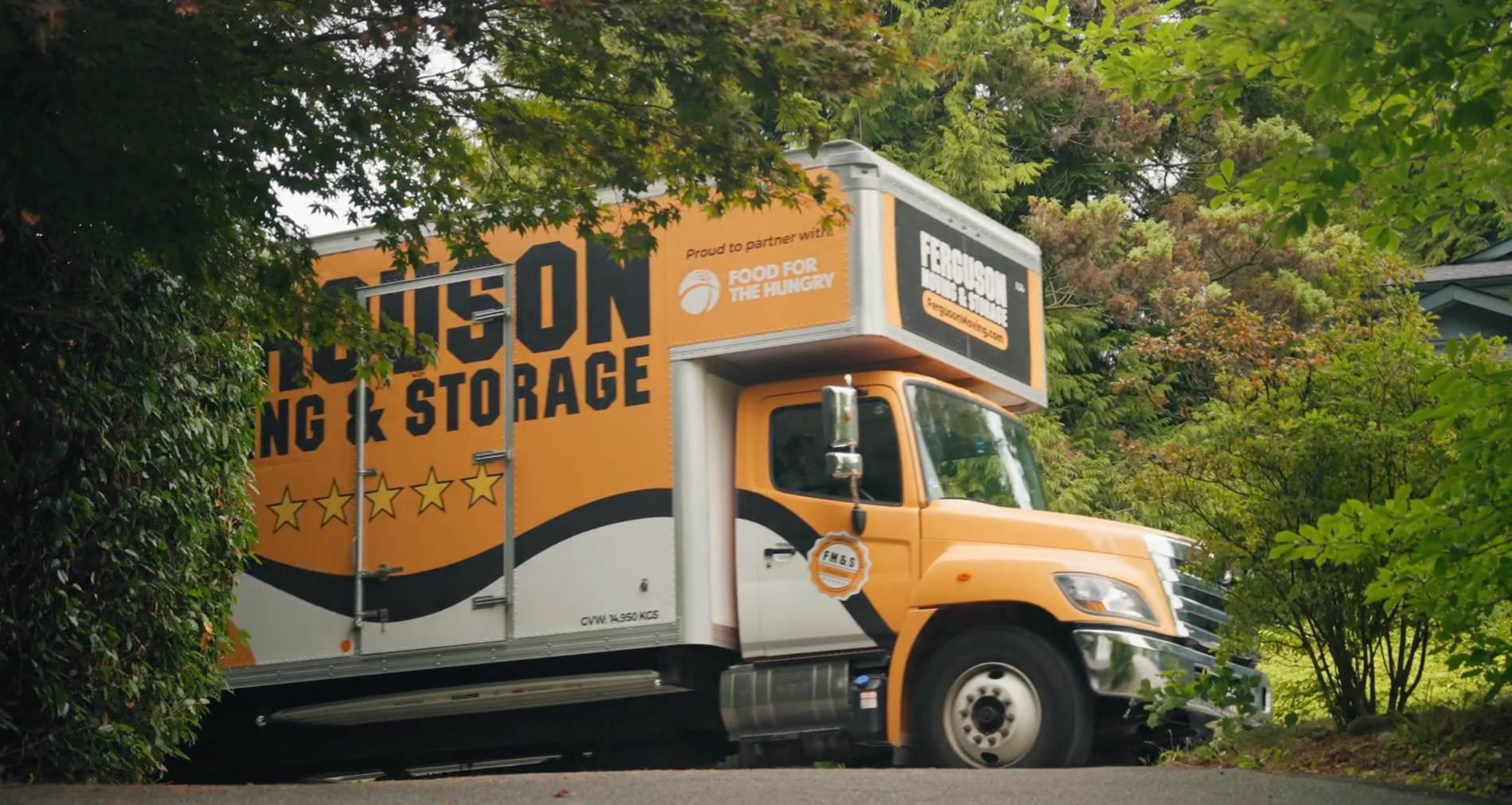
Moving an Estate After the Death of a Loved One:
The loss of a loved one is one of life’s most stressful events and often raises challenging questions such as what happens to your loved one’s home and belongings, and who is responsible for cleaning their home. Although the administration of every estate is unique and may require tailored professional advice, this article highlights some key dos and don’ts when moving the estate of a loved one.
If the Deceased Did Not Leave a Will:
- Do a thorough search of the deceased’s belongings, including their digital devices, to confirm that there is no will or documents outlining testamentary wishes. The existence (or absence) of a will is important as this will impact the process of settling an estate, from who is in charge to how the estate must be managed.
- Don’t start removing or taking assets from the deceased’s home. When someone has died without a will, no one has the authority to manage their estate without first getting a grant of administration. A grant of administration is a court document giving the named administrator the full legal authority to administer the deceased person’s estate.
- Do determine who will act as the administer of the estate. When someone dies without a will, this is called dying intestate. B.C’s Wills, Estates, and Succession Act sets out an order of priority of who can administer an intestate estate. The spouse and then an adult child of the deceased is typically given priority to administer the deceased’s estate. If you are interested in administering the estate of someone who died without a will, you may want to speak with an estate lawyer to assist with applying for the grant of administration.
- Do remove household items for a quick house sale. Once the administrator receives the grant of administration, they can then sell the deceased’s home without conditions. If the administrator is looking to sell the home quickly, they may want to move the deceased’s personal items into a short-term storage facility.
If the Deceased Left a Will:
- Do determine who is named as executor. Only the named executor under the will is allowed to manage the affairs of the estate, including securing and eventually distributing the deceased’s assets and belongings.
- Don’t act as an executor if you don’t want to be the executor. Although a will may appoint an executor, that person does not have to accept the role. If the named executor does not want to act as the executor, it’s important that they do not intermeddle, which occurs when someone takes on the responsibilities of an executor or presents themselves as the estate’s executor. Once the potential executor intermeddles, they can no longer renounce executorship and may be personally liable for any loses if the estate was improperly managed.
- Do secure and take an inventory of all the belongings in the home. In particular, take special care to secure any valuable items or items specifically gifted in the will as the executor may be personally liable if these items are lost, damaged, or destroyed while in their care.
- Do review the deceased’s rental agreements. The executor (or administrator) of an estate is obliged to fulfill the terms of any tenancy agreements, which includes paying any rental costs, giving notice to end the tenancy, or assigning the tenancy to someone else with the permission of the landlord.
- Don’t forget to inform insurance providers of the deceased’s death. It’s important to review the insurance of all major assets of the deceased and the renewal date for any insurance coverage. If the deceased owned a home, it’s important to contact their home insurance provider as the current insurance policy may not cover a vacant home. It may be necessary to arrange for additional coverage or move your loved one’s assets to a secure location.
In either case:
Hiring professional movers to transport the deceased’s items into storage is a good way to reduce the administrator/executor’s personal liability. If the administrator/executor were to break any valuable items while transporting them, the beneficiaries of the estate could hold the administrator personally liable.
The administration of an estate can be a complicated and overwhelming process, so it’s important to reach out for help and advice when needed. If you are the executor or administrator of an estate, remember that there are a number of estate experts and service providers who can assist you with along the way. Moving an estate after the death of a loved one can be complicated. If you have any legal questions regarding the estate administration process, please feel free to contact Westcoast Wills & Estates.


